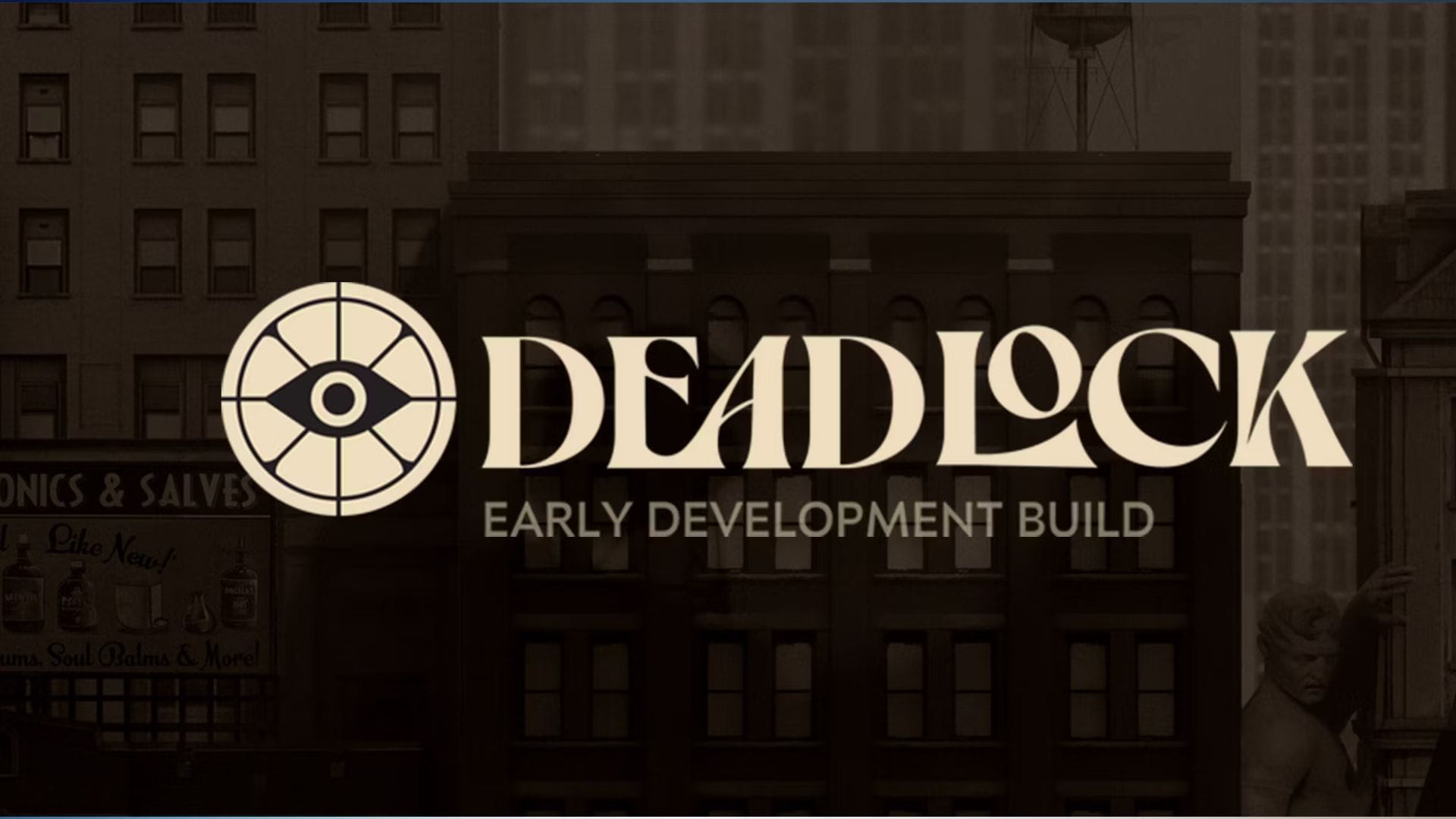Valve announces Deadlock, a new game in early development
Valve officially announces Deadlock, a new multiplayer game in early development with limited access through playtesting invites.

Valve has officially announced its new game, Deadlock, in a rather understated manner. The game has been quietly added to Steam, with Valve listed as the developer and publisher. The Steam page offers minimal information, with a simple notice stating:
“Deadlock is in early development with lots of temporary art and experimental gameplay. Access is currently limited to friend invite via our playtesters.”
Aside from this brief statement, Valve has provided little else, with only an animated teaser image on the page. The system requirements are also sparse, mentioning only that a 64-bit processor and operating system are necessary to run the game.
Information trickles out over months
Although Valve has kept Deadlock mainly under wraps, details about the game have slowly leaked out over the past few months. The first hints emerged in May, when a closed playtest allowed a limited number of players to experience the game. By August, tens of thousands of people were reportedly playing, as those involved in the initial playtest began inviting friends to join them.
The game has now become a popular subject among streamers. On the official announcement day, many of them, including notable streamer Shroud, were seen playing the game live. This comes after an admin named Yoshi posted on the game’s Discord server, confirming that Valve had lifted its restrictions on public discussions about Deadlock.
Uncertain future for Valve’s new title
Deadlock is generating excitement as a potential new addition to Valve’s lineup of big multiplayer games, but its future remains uncertain. While some hope it will achieve the lasting success of titles like Counter-Strike and Dota 2, others fear it may struggle to maintain its momentum and could eventually meet the same fate as Valve’s ill-fated game, Artifact.
Valve’s approach to Deadlock reflects its typical gradual, community-driven development strategy. Valve is gauging the game’s long-term potential before a full public release by slowly increasing the number of players and refining the gameplay based on feedback. Whether Deadlock will become a mainstay in the competitive gaming scene or fade into obscurity remains to be seen.















